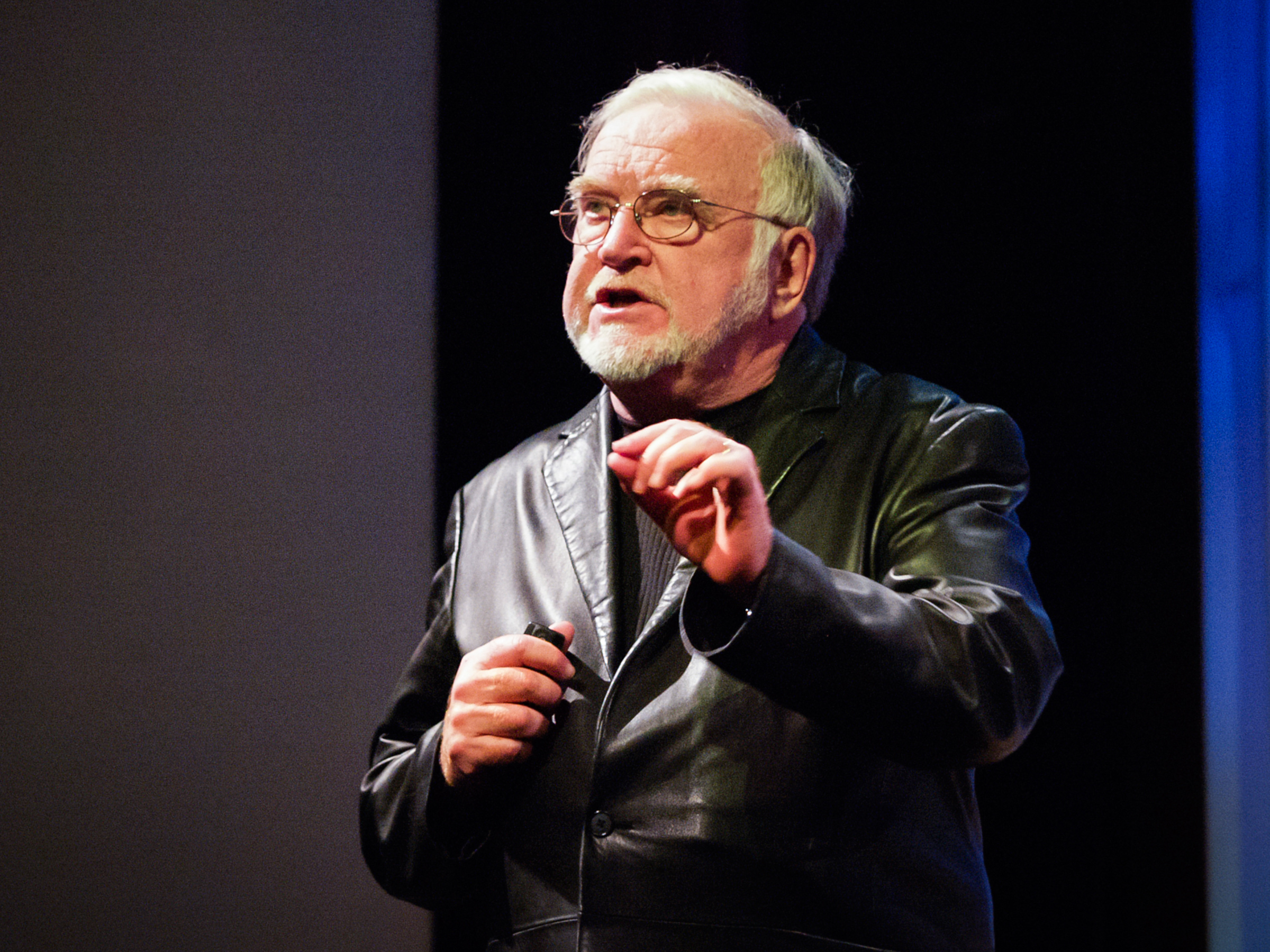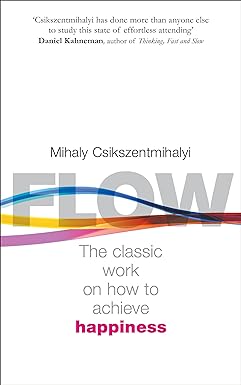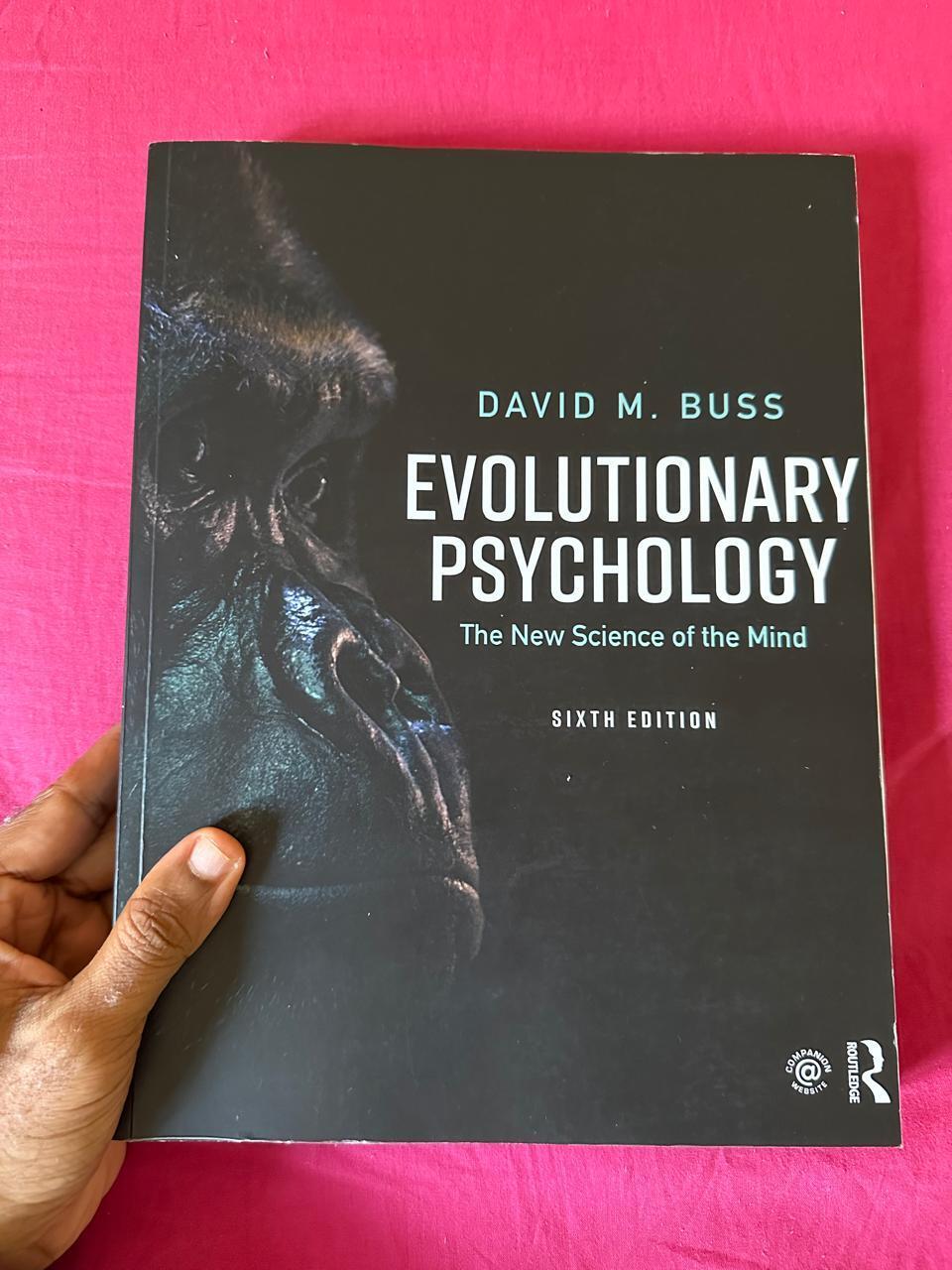
HomeFlow: The Psychology of Optimal Experience By Mihaly CsikszentmihalyiBook SummaryFlow: The Psychology of Optimal Experience By Mihaly Csikszentmihalyi
Flow: The Psychology of Optimal Experience By Mihaly Csikszentmihalyi
March 18, 2024
Flow: The Psychology of Optimal Experience By Mihaly Csikszentmihalyi

- Binod Shankar
- Book Summary
My Top 45 takeaways:
- The universe isn’t hostile or friendly. It’s simply indifferent.
- The most important step in emancipating oneself from social controls is the ability to find rewards in the events of each moment.
- Power returns to the person when rewards are no longer relegated to outside forces.
- Although in its present state it cannot do what some people would wish it to do, the mind has enormous untapped potential that we desperately need to learn how to use.
- Attention is the most important tool in the task of improving the quality of experience.
- Pleasure is an important component of the quality of life, but by itself doesn’t bring happiness. Sleep, sex etc. provide restorative homeostatic experiences that return consciousness to order. It helps to maintain order.
- Enjoyment occurs when a person has not only met some prior expectation or need or desire but also gone beyond what she or he has been programmed to do and achieved something unexpected.
- Every child is a little learning machine. Unfortunately, this natural connection between growth and enjoyment tends to disappear with time. Perhaps because “learning” becomes an external imposition when schooling starts.
- If one gets too complacent, feeling that energy invested in new directions is wasted unless there is a good chance of reaping extrinsic rewards for it, one may end up no longer enjoying life, and pleasure becomes the only source of positive experience.
- Flow has 8 major components:
- We confront tasks we have a chance of completing.
- We must be able to concentrate on what we are doing
- The task has clear goals
- The task provides immediate feedback.
- One acts with a deep but effortless involvement that removes the worries and frustrations of everyday life.
- We can exercise a sense of control over our actions
- Concern for the self disappears
- The sense of duration of time is altered.
- So, loss of self-consciousness does not involve a loss of self and certainly not a loss of consciousness, but rather, only a loss of consciousness of the self. And being able to forget temporarily who we are seeks to be very enjoyable.
- The term “autotelic” defines from the Greek auto (self) and telic (goal). It refers to a self-contained activity, one that is done not with the expectation of some future benefit, but simply because the doing itself is the reward
- Some things we are initially forced to do against our will turn out in the course of time to be intrinsically rewarding.
- An autotelic experience is very different from the feeling we typically have in the course of life. So much of what we ordinarily do has no value in itself, and we only do it because we have to do it or because we expect some benefit from it. As a result, life passes in a sequence of boring and anxious events over which a person has little control.
- Cultures are defensive constructions against chaos, designed to reduce the impact of randomness on experience. They’re adaptive responses.
- One of the most ironic paradoxes of our time is this great availability of leisure that somehow fails to be translated into enjoyment.
- Some people are incapable of experiencing flow like people who are schizophrenic, excessively self-conscious and excessively self-centered.
- Enjoyment doesn’t depend on what you do rather how you do it.
- Walking is the most trivial physical activity imaginable, yet it can be profoundly enjoyable if a person sets goals and takes control of the process. On the other hand, the hundreds of sophisticated forms of sport may not be enjoyable at all if one approaches them with the attitude that one must take part in then because they’re fashionable, or simply because they’re good for one’s health.
- The similarities between yoga and flow are extremely strong. Yoga is a very thoroughly planned flow activity. But where flow attempts to fortify the self, the goal of yoga is to abolish it.
- Contrary to what we tend to assume, the normal state of the mind is chaos. We don’t usually notice how little control we have over the mind because habits channel psychic energy so well that thoughts seem to follow each other by themselves without a hitch. But when we are left alone, the basic disorder of the mind reveals itself.
- A more substantive potential use of words to enhance our lives is the lost art of conversation. Utilitarian ideologies have convinced us that the main purpose of talking is to convey useful information. As a result, people have become almost unable to talk to each other outside of narrow topics of immediate interest and specialization. This is a pity, because it could be argued that the main function of conversation is not to get things accomplished but to improve the quality of experience.
- In philosophy there comes a point where a person is ready to pass from status of passive consumer to that of active producer. To write down one’s insights expecting that someday they will be read with awe by posterity is an act of hubris. But if one records ideas in response to an inner challenge to express clearly the major questions by which one feels confronted, and tries to sketch out answers that will help make sense of one’s experiences, then the amateur philosopher will have learned to derive enjoyment.
- Many people give up on learning after they leave school because 13 or 20 years of extrinsically motivated education is still a source of unpleasant memories. Their attention has been manipulated from the outside by textbooks and teachers, and they’ve counted graduation as the first day of freedom.
- Ideally the end of extrinsically applied education should be the start of an education that is motivated intrinsically. At that point the goal of studying is no longer to make the grade, earn a diploma, and find a good job. Rather, it is to understand what happening around one, to develop a personally meaningful sense of what one’s experience is all about.
- The more a job inherently resembles a game- with variety, appropriate and flexible challenges, clear goals and immediate feedback- the more enjoyable it will be regardless of the worker’s level of development.
- As important as the structure of a job is, by itself it won’t determine whether or not the person performing that job will find enjoyment in it. Satisfaction in a job will also depend on whether or not a worker has an autotelic personality.
- In our studies we find that American workers tend to mention three main reasons for their dissatisfaction with their jobs. The first and the most important is the lack of variety and challenge. The second has to do with conflicts with other people on the job especially bosses. The third reason is burnout: too much pressure, too much stress, too little time to think for oneself, too little time to spend with the family.
- Why is solitude such a negative experience? We need external goals, external stimulation, external feedback to keep attention directed. And when external input is lacking, attention begins to wander and thoughts become chaotic.
- Yet how one copes with solitude makes all the difference. If being alone is seen as a chance to accomplish goals that cannot be reached in the company of others, then instead of feeling lonely, a person will enjoy solitude and might be able to learn new skills in the process.
- One can survive solitude, but only if one finds ways of ordering attention that will prevent entropy from destructuring the mind.
- Solitude is a problem that must be confronted whether one lives in Southern Manhattan or the northern reaches of Alaska. Unless a person learns to enjoy it, much of life will be spent desperately trying to avoid its ill effects.
- Excessive conformity is usually caused by fear of disapproval.
- Early emotional security may well be one of the conditions that helps develop an autotelic personality in children.
- One of the most basic delusions of our time is that home life takes care of itself naturally, and that the best strategy for dealing with it is to relax and let it take its course. Men especially like to comfort themselves with this notion. So, at home they just want to unwind, and feel that any serious demand from the family is unwarranted. Only when it’s too late- when the wife has become dependent on alcohol, when the children have turned into cold strangers- do many men wake up to the fact that the family, like any other joint enterprise, needs constant investments of psychic energy to assure its existence.
- Without concentration, a complex activity breaks down into chaos. Why should the family be different?
- One way to describe the skills that every man and woman has is to divide them into two classes: instrumental and expressive. Instrumental skills are the ones we have so that we can cope effectively with the environment, like reading and writing and professional knowledge. Expressive skills refer to actions that attempt to externalize our subjective experiences like singing, dancing, painting and joking. A person who lives only by instrumental actions eventually becomes indistinguishable from a robot who has been programmed by aliens to mimic human behavior.
- In the course of normal life there are few opportunities to experience the feeling of wholeness expressivity provides. At work one must behave according to the expectations of one’s role. At home one has to be a caring mother or a respectful son. It is only with friends that most people feel they can let their hair down and be themselves.
- Friendship is not enjoyable unless we take up its expressive challenge. If a person surrounds himself with “friends” who simply reaffirm his public persona, who never questions his dreams or desires, who never force him to try out new ways of being, he misses out on the opportunity’s friendship presents.
- A community should be judged good not because it is technologically advanced or swimming in material riches; it is good if it offers people a chance to enjoy as many aspects of their lives as possible.
- Why are some people weakened by stress, while others gain strength from it? Basically, the answer is simple: those who know how to transform a hopeless situation into a new flow activity that can be controlled will be able to enjoy themselves, and emerge stronger from the ordeal. There are 3 main steps that seem to be involved in such transformations:
- Unselfconscious self-assurance. The implicit belief that their destiny was in their hands.
- Focusing attention on the world. People who know how to transform stress into enjoyable challenge spend very little time thinking about themselves.
- The discovery of new solutions.
- It is true that life has no meaning, if by that we mean a supreme goal, a goal valid for every individual. But it does not follow that life cannot be given meaning. Much of what we call culture and civilization consists in efforts people have made, generally against overwhelming odds, to create a sense of purpose for themselves. It is one thing to recognize that life is, by itself, meaningless. It is another thing entirely to accept this with resignation. The first fact does not entail the second any more than the fact that we lack wings prevents us from flying.
- To experience flow, one must set goals for one’s actions: to win a game, to make friends, to accomplish something. The goal in itself is usually not important; what matters is that it focuses a person’s attention and involves it in an achievable, enjoyable way.
- There is consensus among psychologists that people develop their concept of who they are, and of what they want to achieve in life, according to a sequence of steps.
- It starts with a need to preserve the self. At this point the meaning of life is survival, comfort and pleasure. A few never have the opportunity to go beyond the first step.
- When the safety of the self is not in doubt, the person expands his meaning system and embraces the values of a community- family, neighborhood, religion, ethnicity. The majority of people are ensconced comfortably in the second stage.
- The next step is reflective individualism. The person again turns inward, finding new grounds for authority and value within the self. He is no longer blindly conforming, but develops an autonomous conscience. At this point the main goal in life becomes the desire for growth, improvement, the actualization of potential. Many fewer reach this third stage of reflective individualism.
- The fourth step, which builds on all the previous ones, is a final turning away from the self, back toward an integration with other people and with universal values. Precious few emerge once again to forge a unity with universal values.
- There is no one out there to tell us “Here is a goal worth spending your life on”. Because there is no absolute certainty to which to turn, each person must discover ultimate purpose on his own.




